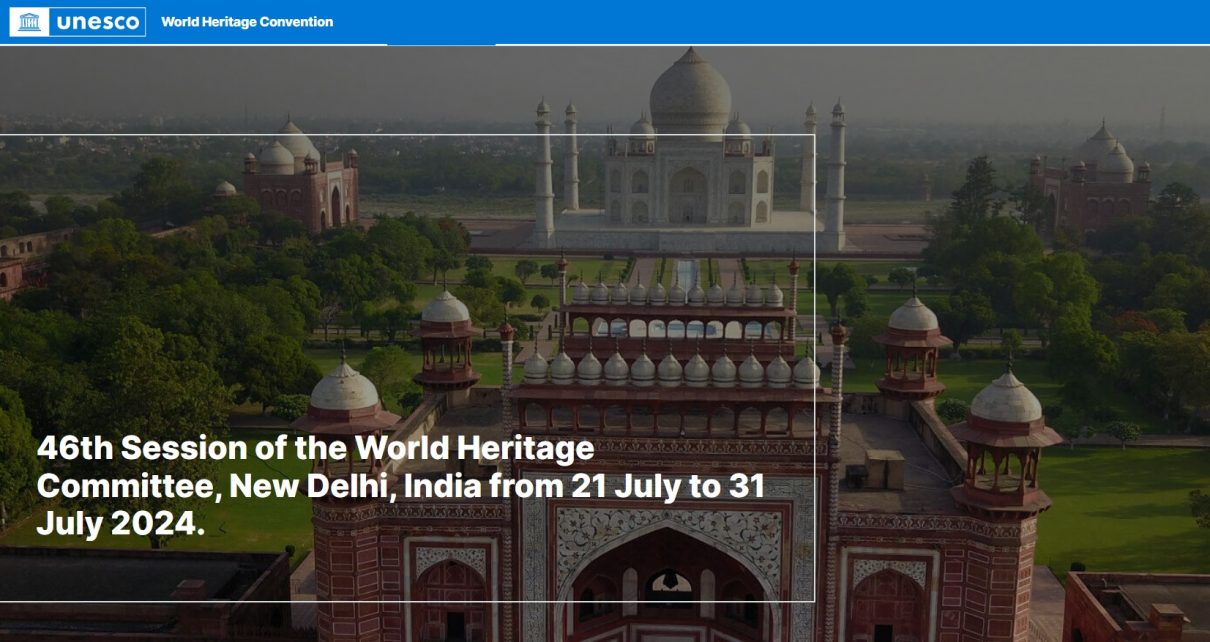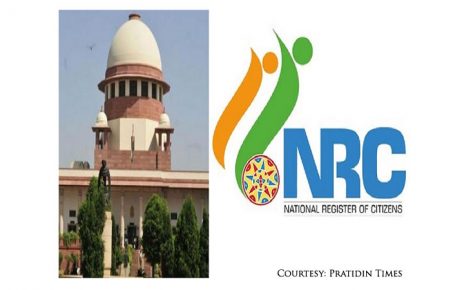New Delhi, 22 July 2024: UNESCO was today slammed for its silence on violations of the rights of indigenous peoples in its certified World Heritage Sites in protected areas on the eve of its 46th session of the World Heritage Committee being held in New Delhi. Prime Minister Narendra Modi yesterday inaugurated the 46th session of the World Heritage Committee.
“In the natural World Heritage Sites i.e. conversation areas, indigenous peoples have been facing massive violations including forced evictions, extrajudicial executions, rape and other violations. A UN heritage site cannot be a place for grave human rights violations including sexual violence.” – stated Mr Suhas Chakma, Asia Campaign Manager of the University of Arizona’s Initiative on Indigenous Peoples Affected by Protected Areas and Other Conservation Measures.
For decades, indigenous Maasai people faced massive human rights violations in the Ngorongoro Conservation Area of Tanzania, certified as a World Heritage Site in 1979. In 2022, a number of inter-governmental organisations including the African Commission on Human and Peoples’ Rights, the United Nations Permanent Forum on Indigenous Issues and nine United Nations Special Rapporteurs expressed concerns against Tanzanian government’s eviction plans in the Ngorongoro Conservation Area and violence in Loliondo. On 18 January 2024, the Tanzanian government announced its decision to change the legal status of the Ngorongoro Conservation Area prohibiting any human settlement in the area and forcibly evict approximately 100,000 Maasai people. The UNESCO has so far funded US$ 290,386 for the Ngorongoro Conservation Area.
In the Chitwan national park, certified as a Heritage Site in 1984, indigenous peoples faced evictions and other human rights violations while the International Centre for Integrated Mountain Development (ICIMOD), a regional intergovernmental organization established by the UNESCO itself reported persistent sexual violence against indigenous peoples in the park. The ICIMOD stated, “in 7 buffer zone VDCs in Chitwan, more than 30 women claim that their children have been born of rape. These children face difficulties in acquiring citizenship as the right to citizenship is based on the father’s name.” The UNESCO as on date provided US$ 80,000 for the Chitwan National Park.
India’s Kaziranga National Park certified as a World Heritage site in 1985, has constantly been in news for forcible eviction of indigenous peoples, controversial shoot at sight policy towards suspected poachers causing violations of the right to life and now, establishment of Five Star Hotels inside the park to promote tourism. The UNESCO as on date provided US$ 80,000 for Kaziranga National Park.
In the Kaeng Krachan National Park in Thailand, United Nations human rights bodies such as the UN CERD Committee and the UN Special Rapporteurs on the Rights of Indigenous Peoples, Human Rights Defenders and the Environment repeatedly expressed concerns about human rights violations of the Karen indigenous peoples.
In June 2024, the European Union stopped US$19.76 million grant to Tanzania due to the ongoing evictions of the Maasai people from the Ngorongoro and Loliondo areas to make room for more conservation tourism. Earlier in April 2024, the World Bank suspended US$150 million fund to the Tanzania because of the extrajudicial killings, enforced disappearances, evictions, torture and cattle seizures perpetrated against local villagers in the Ruaha National Park.
“When the EU and World Bank are acting against human rights violations in the conservation sites, the UNESCO cannot remain silent against grave human rights violations against indigenous peoples in its certified World Heritage Sites. UNESCO ought to reform its Operational Guidelines to apply human rights-based approach for the inclusion of natural conservation sites in the World Heritage List, periodically review of the World Heritage status of the natural conservation sites regarding compliance with UN human rights standards and Article 5(a) of the Convention Concerning the Protection of the World Cultural and Natural Heritage that “give the cultural and natural heritage a function in the life of the community”, establish an independent grievance mechanism to address human rights violations at the natural World Heritage sites and provide effective support to the communities affected by the World Heritage sites. ”- further stated Mr Chakma who also serves as Director the Rights & Risks Analysis Group (RRAG).



